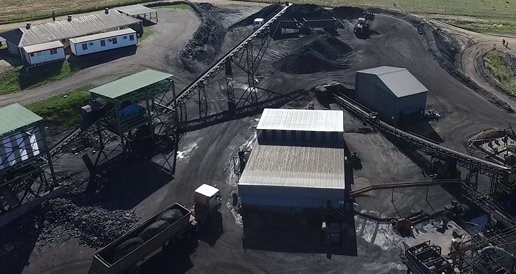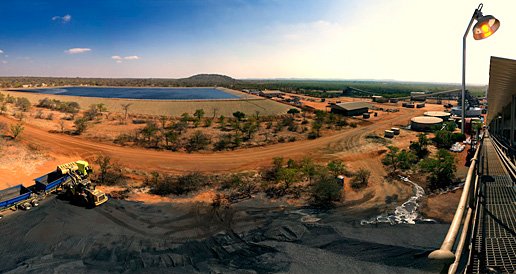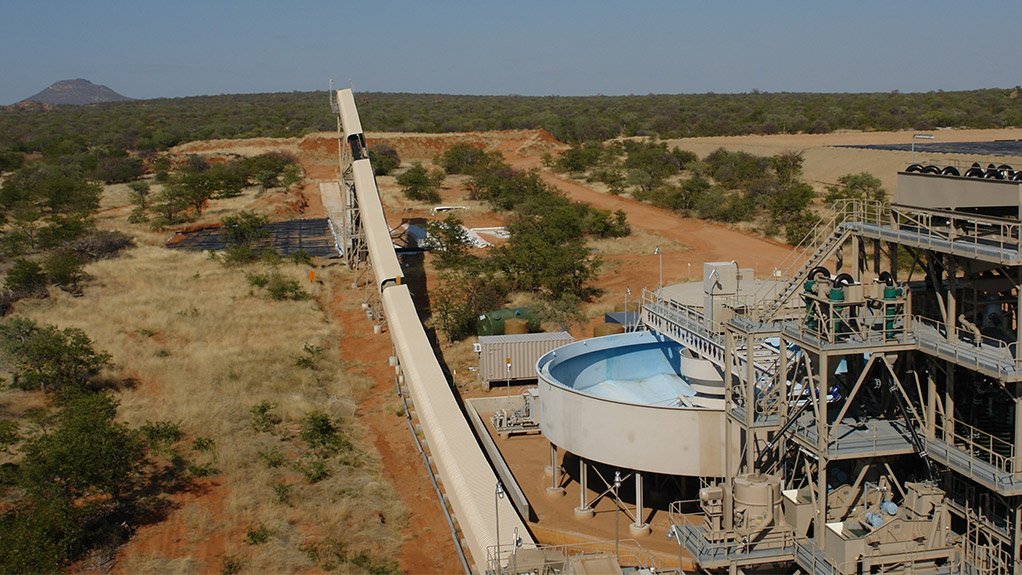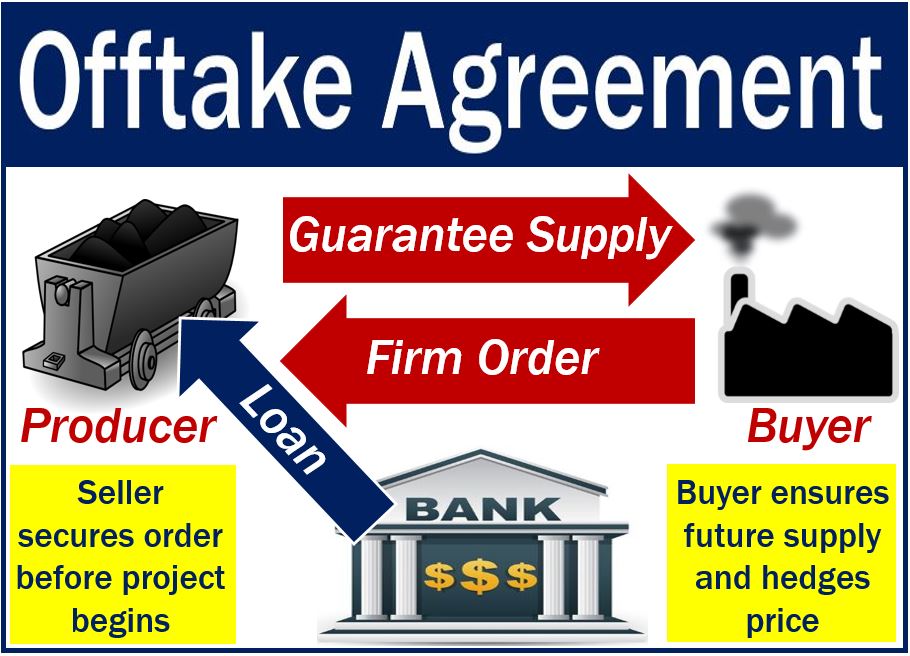
MC Mining is having a busy month in the capital raising front.
1) MC Mining has raised R84m staged in two tranches and
2) the Industrial Development Coporation (IDC) has extended the date for repayment of a R160m loan payable by MC Mining.
[Thread]
1) MC Mining has raised R84m staged in two tranches and
2) the Industrial Development Coporation (IDC) has extended the date for repayment of a R160m loan payable by MC Mining.
[Thread]

MC Mining is a coal exploration mining company.
MC Mining’s key projects include the Uitkomst Collier (metallurgical and thermal coal), Makhado Project (hard coking coal), Vele Colliery
(semi-soft coking and thermal coal), and the Soutpansberg Projects (coking and thermal coal).
MC Mining’s key projects include the Uitkomst Collier (metallurgical and thermal coal), Makhado Project (hard coking coal), Vele Colliery
(semi-soft coking and thermal coal), and the Soutpansberg Projects (coking and thermal coal).

MC Mining entered into a
staged R86,036,691 Convertible Advance and Subscription Agreement with South African based mining group, Senosi Group Investment Holdings Proprietary Limited (Senosi) .
This agreement has two tranches.
staged R86,036,691 Convertible Advance and Subscription Agreement with South African based mining group, Senosi Group Investment Holdings Proprietary Limited (Senosi) .
This agreement has two tranches.
Tranche 1:
the initial share subscription by Senosi is limited to 38,363,909
new ordinary shares in MC Company’s to be issued at R1.20 per share, to raise R46,036,691 in equity. This will result in SGIH owing 19.9% of the MC Company’s issued shares.
the initial share subscription by Senosi is limited to 38,363,909
new ordinary shares in MC Company’s to be issued at R1.20 per share, to raise R46,036,691 in equity. This will result in SGIH owing 19.9% of the MC Company’s issued shares.
Senosi has also conditionally agreed to subscribe for a 2nd tranche of new ordinary shares (together with the First Tranche Shares, at the issue price, raising R40m (the Second Tranche Funding), which, will result in Senosi holding an aggregate 31.71% stake MC Mining.
Total R46m Senosi loan will convert to the First Tranche Shares once the funds have been advanced, provided that South African Reserve Bank approval has been obtained.
1st Tranche Funding is secured against shares in MCM’s subsidiaries,Limpopo Coal Company and Harissa
Investment
1st Tranche Funding is secured against shares in MCM’s subsidiaries,Limpopo Coal Company and Harissa
Investment
1st tranche funding (R46m) will be used to settle the balance owing to the vendors of the Lukin and Salaita properties.
MCM to make payment of R35m under a deferred payment arrangement for land acquired under a sale and purchase agreement.
R11m will be used for working capital.
MCM to make payment of R35m under a deferred payment arrangement for land acquired under a sale and purchase agreement.
R11m will be used for working capital.
The second tranche funding will be used to advance development of the Makhado hard coking coal project, thermal coal project and for working capital.
MC Mining’s flagship Makhado Project is situated in the Soutpansberg Coalfield in Limpopo province.
Makhado has all required licences and authorisations and construction of Phase 1 of the project is expected to commence in Q1 of 2022 dependent on funding.
Makhado has all required licences and authorisations and construction of Phase 1 of the project is expected to commence in Q1 of 2022 dependent on funding.

The Makhado Project mining area covers four farms and will be developed in two phases.
MC Mining owns all of the surface
rights where the opencast mining pits and related infrastructure will be situated.
MC Mining owns all of the surface
rights where the opencast mining pits and related infrastructure will be situated.

The Phase 1 includes the scalped and screened Makhado run-of-mine coal being processed at the existing, modified Vele Colliery plant, producing 0.54 million tonnes per annum (Mtpa) of hard coking coal and 0.57Mtpa of a thermal coal by-product. 

The Makhado hard coking coal project currently has 29 employees and contractors with 650 to be employed when Makhado Phase 1 hard coking coal project is operational. 

MC Mining has a 67% interest in MC Company.
MC Company sold 20% of the project to the Makhado Colliery Community Development Trust.
6% sold to a black industrialist facilitating.
IDC acquired a 6.7% shareholding in terms of its existing
loan facility.
MC Company sold 20% of the project to the Makhado Colliery Community Development Trust.
6% sold to a black industrialist facilitating.
IDC acquired a 6.7% shareholding in terms of its existing
loan facility.
MC Mining has secured offtake agreements for 85% of the Makhado Phase 1 hard coking coal and all of the thermal coal by-product.
The offtake agreement with ArcelorMittal will result in ArcelorMittal purchasing between
350 000t & 450 000t of Phase 1 hard coking coal annually.

The offtake agreement with ArcelorMittal will result in ArcelorMittal purchasing between
350 000t & 450 000t of Phase 1 hard coking coal annually.


• • •
Missing some Tweet in this thread? You can try to
force a refresh




















